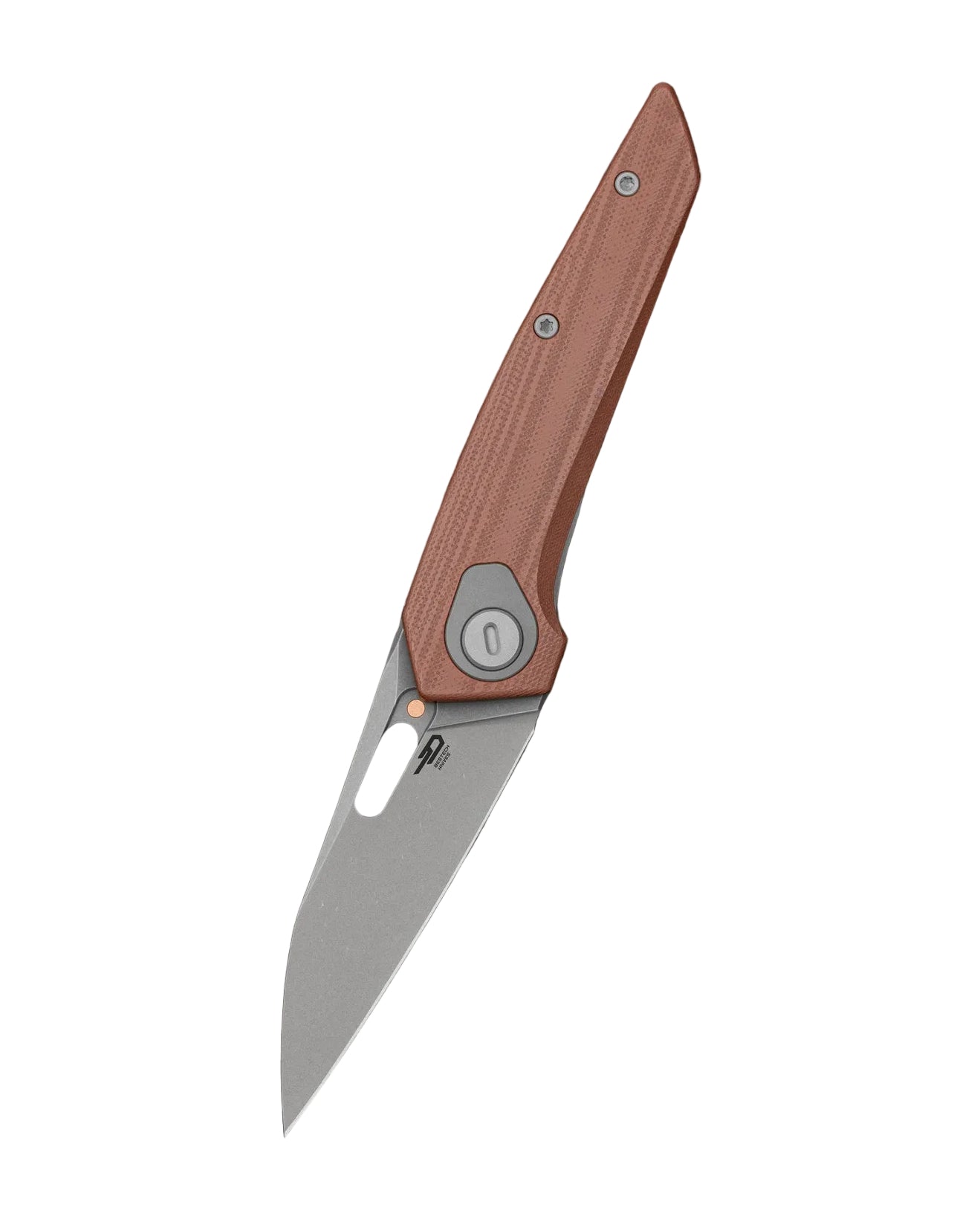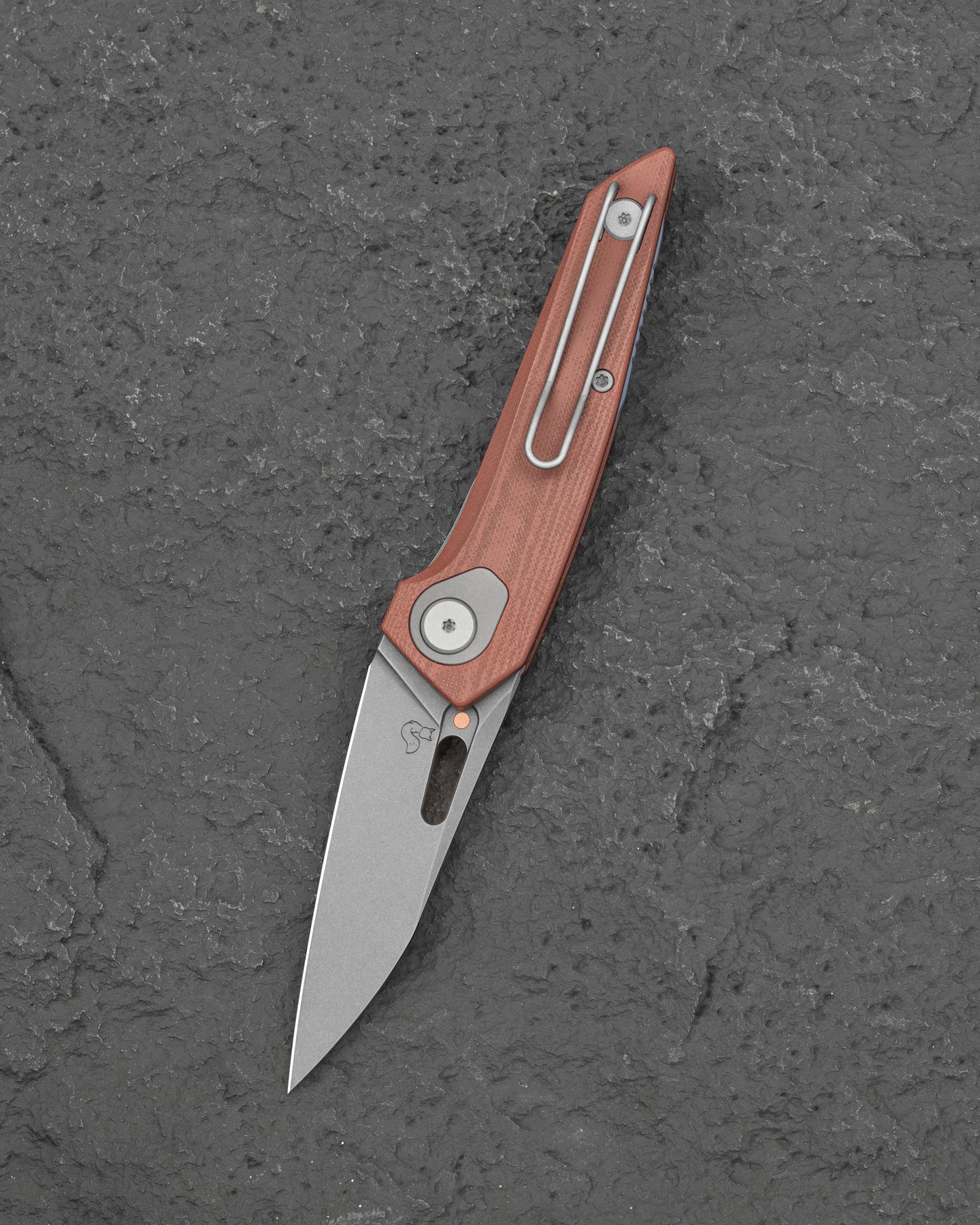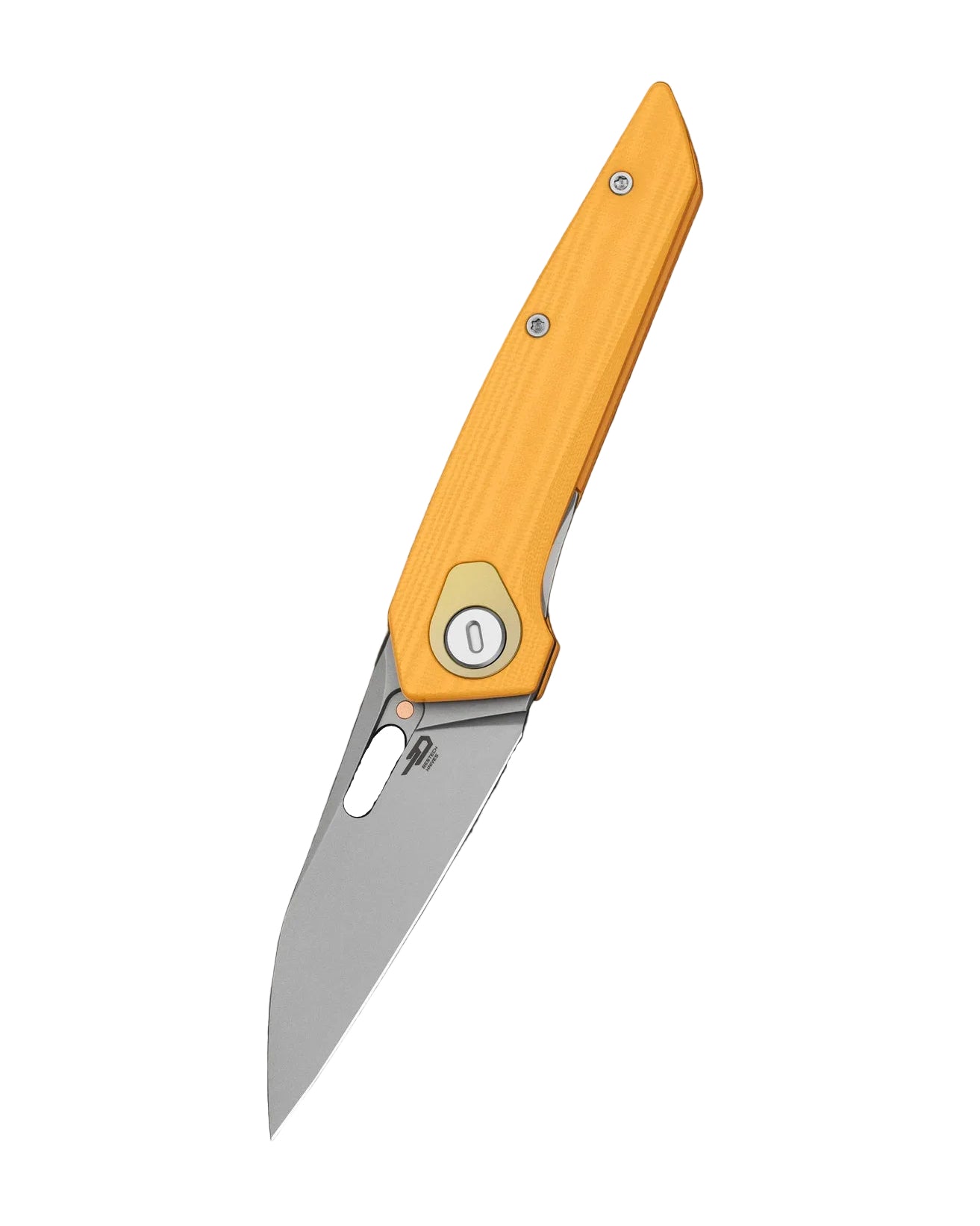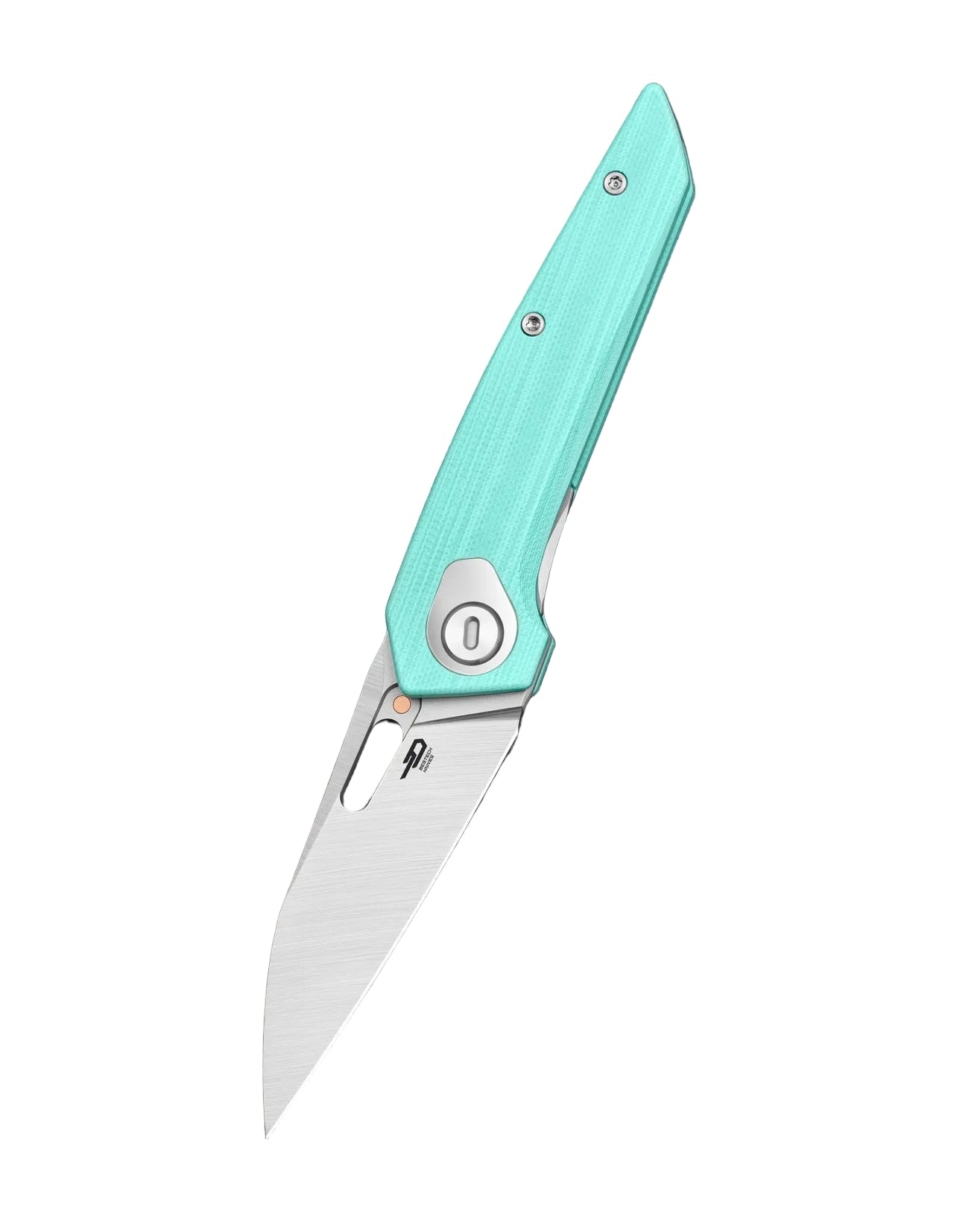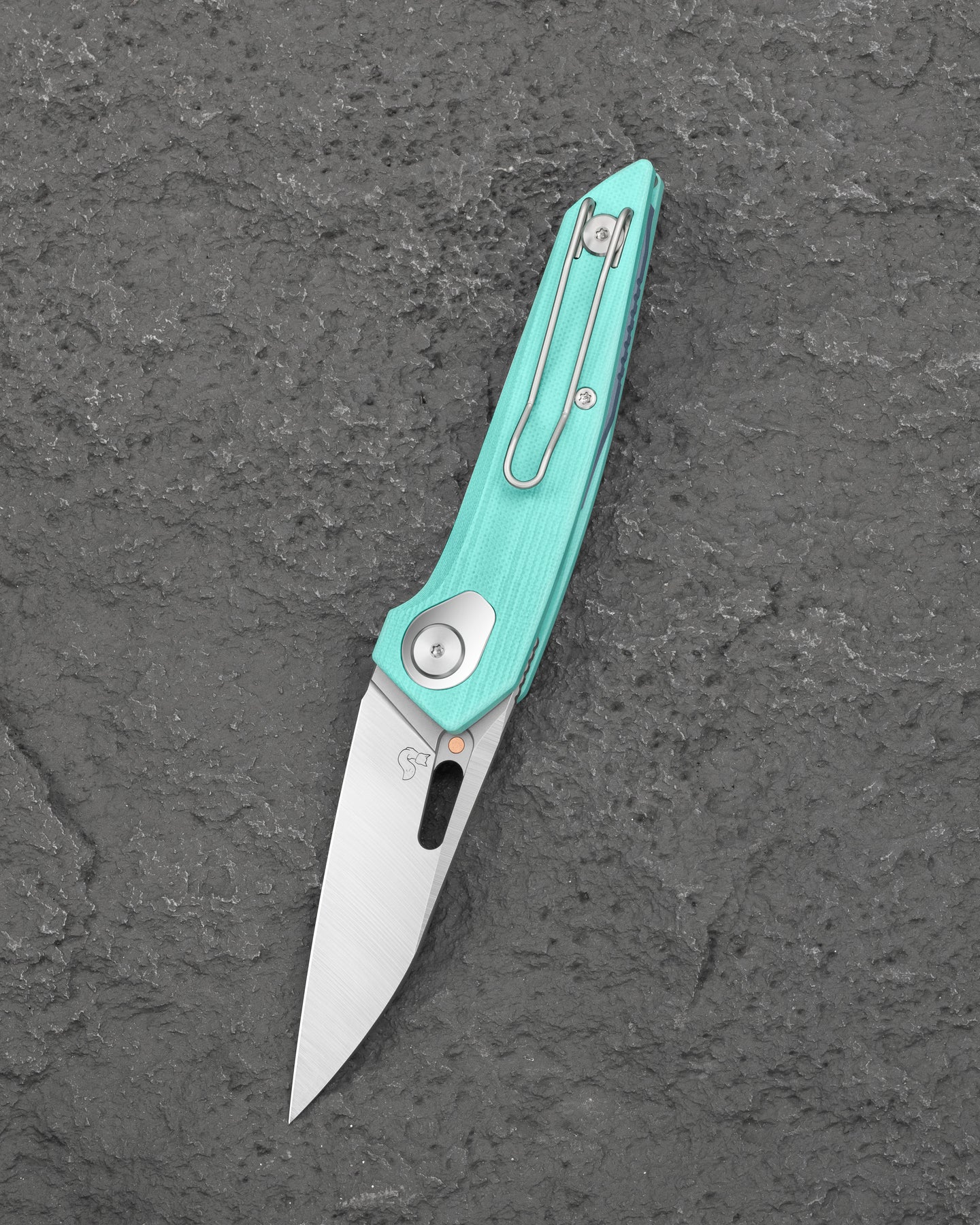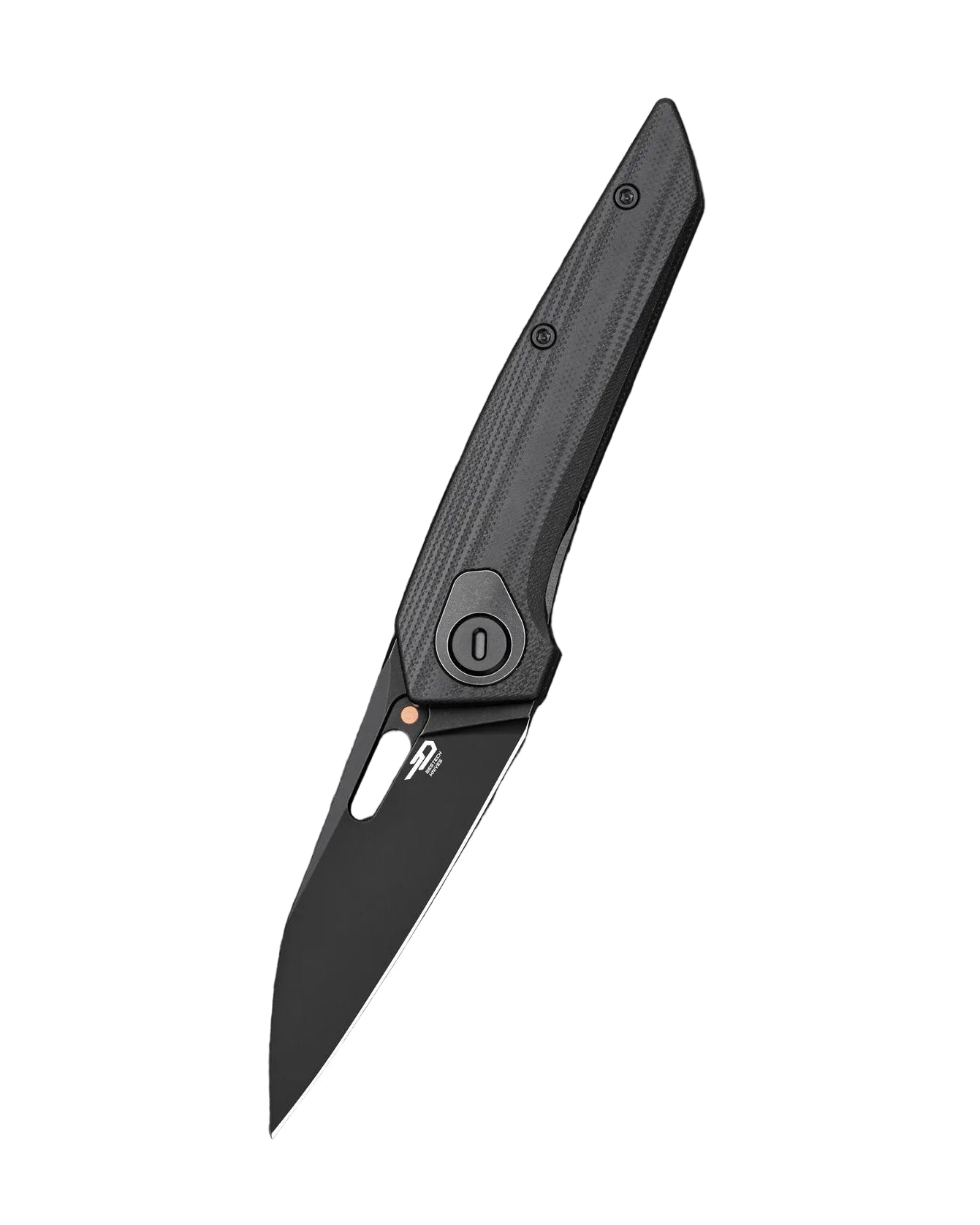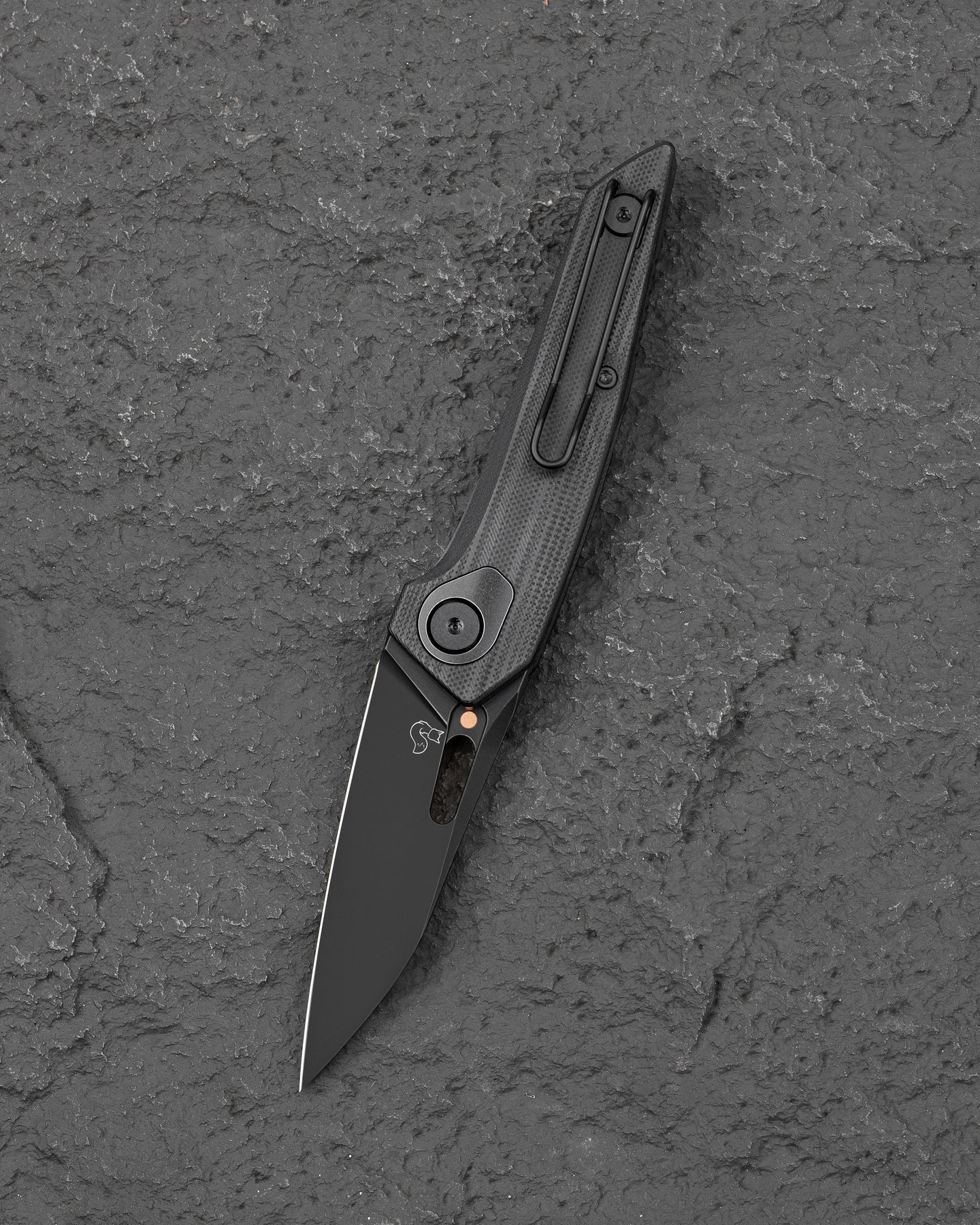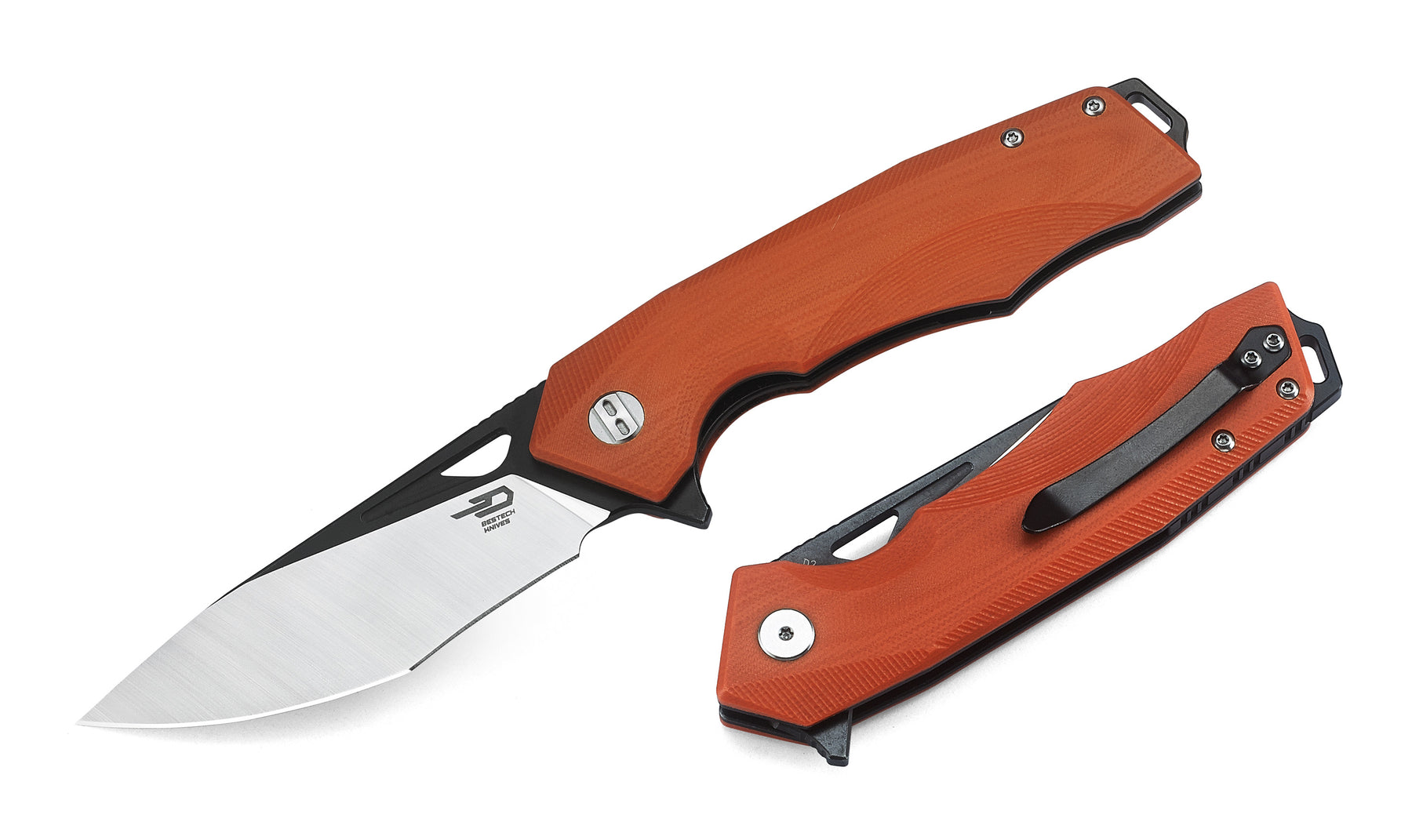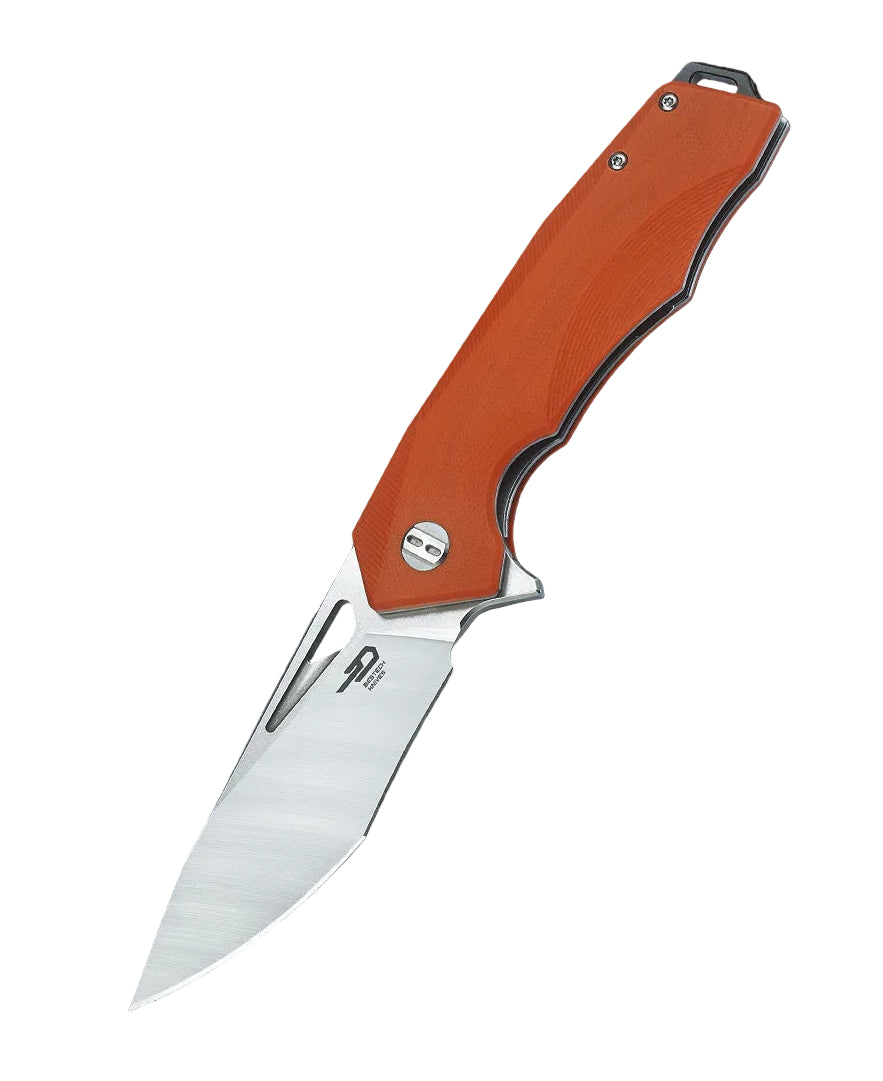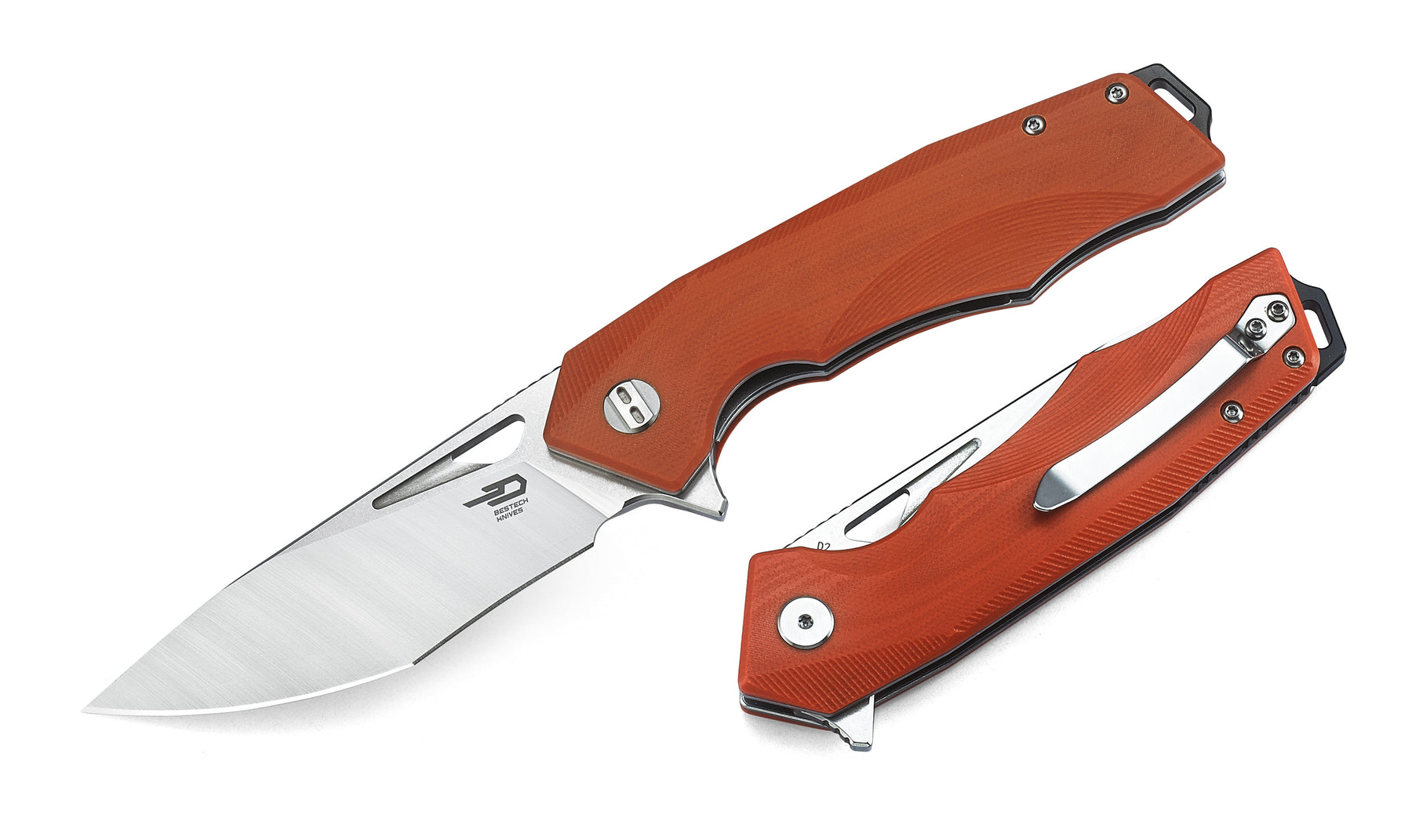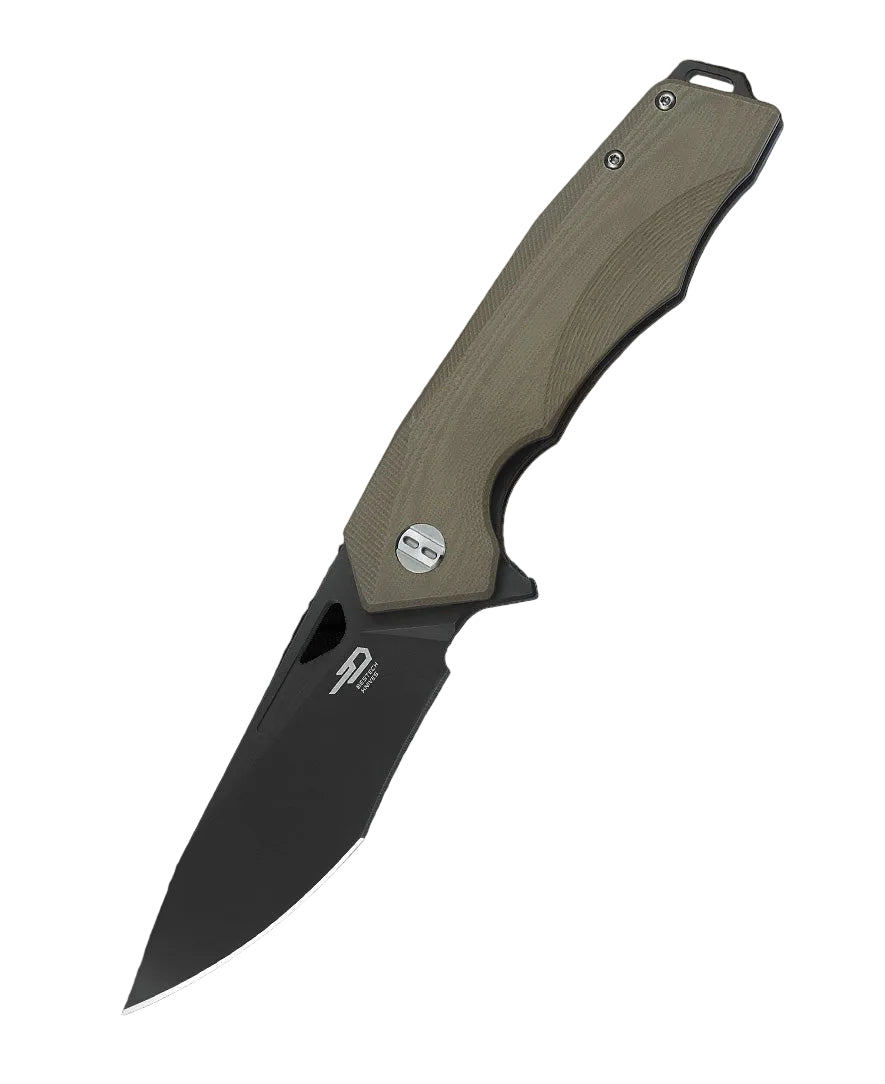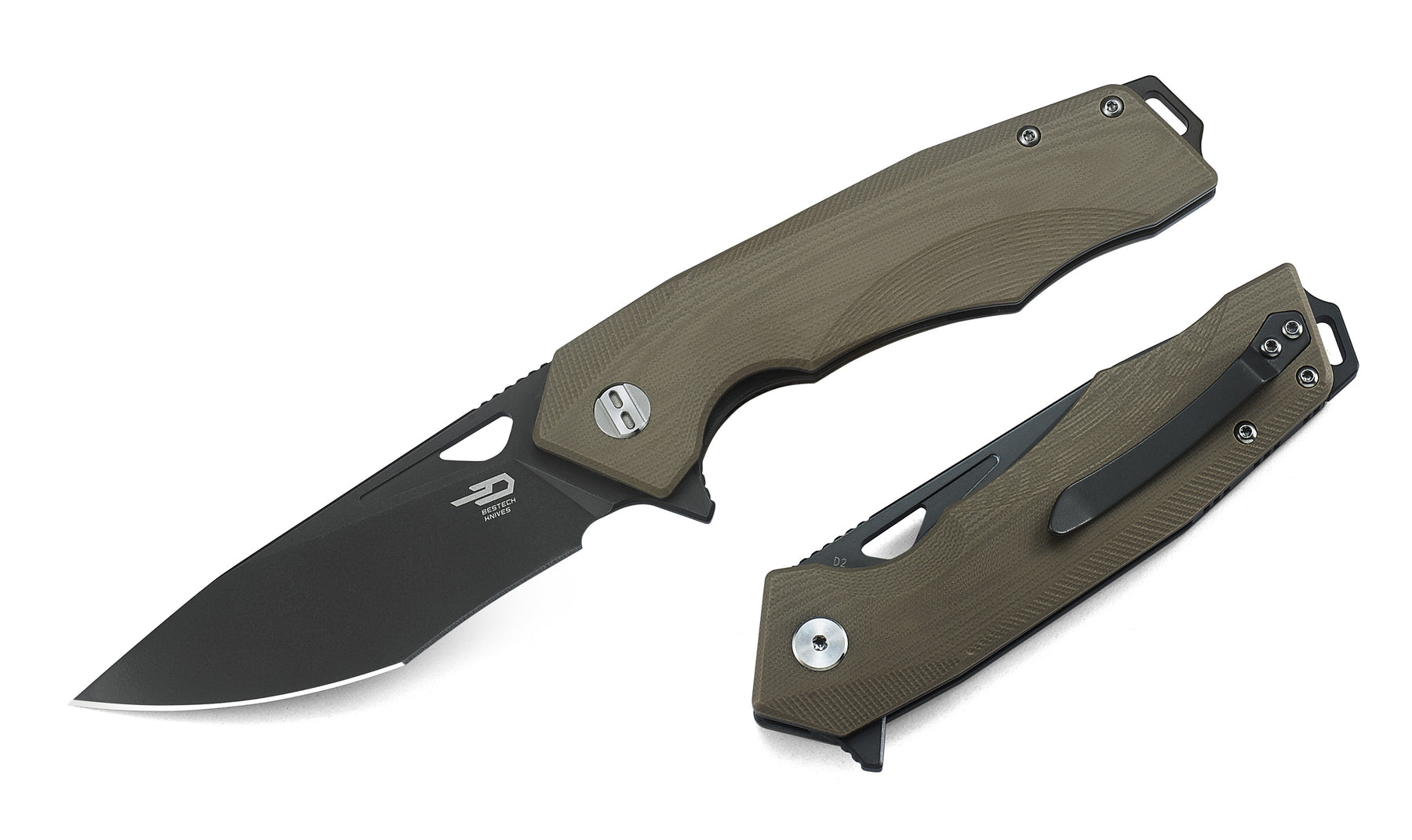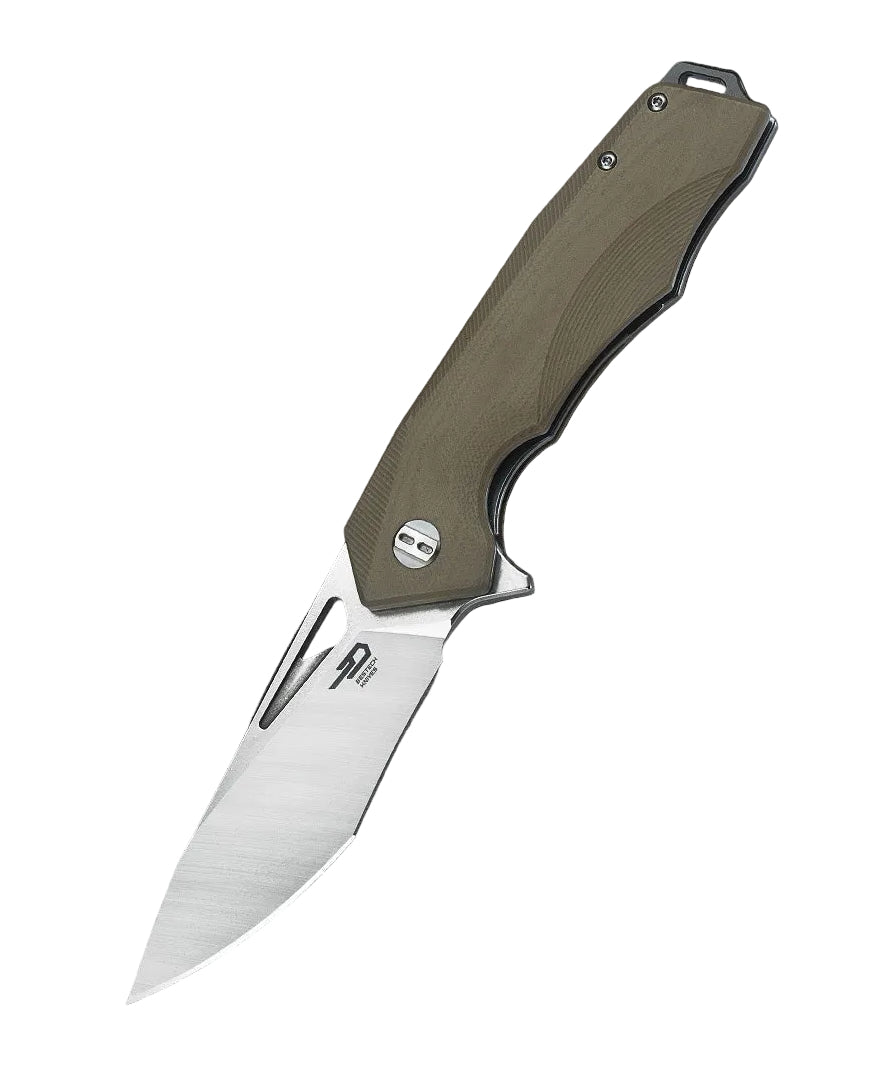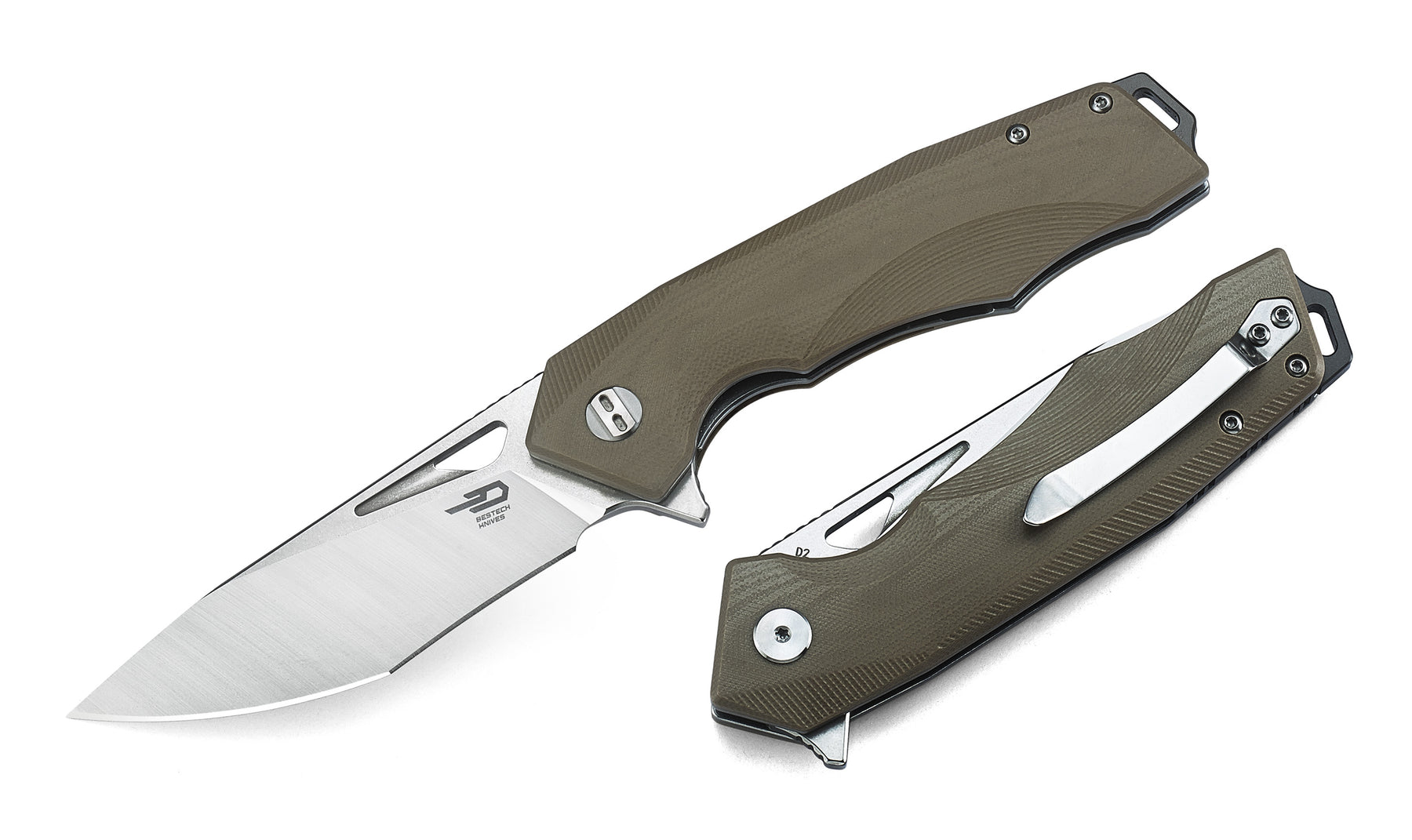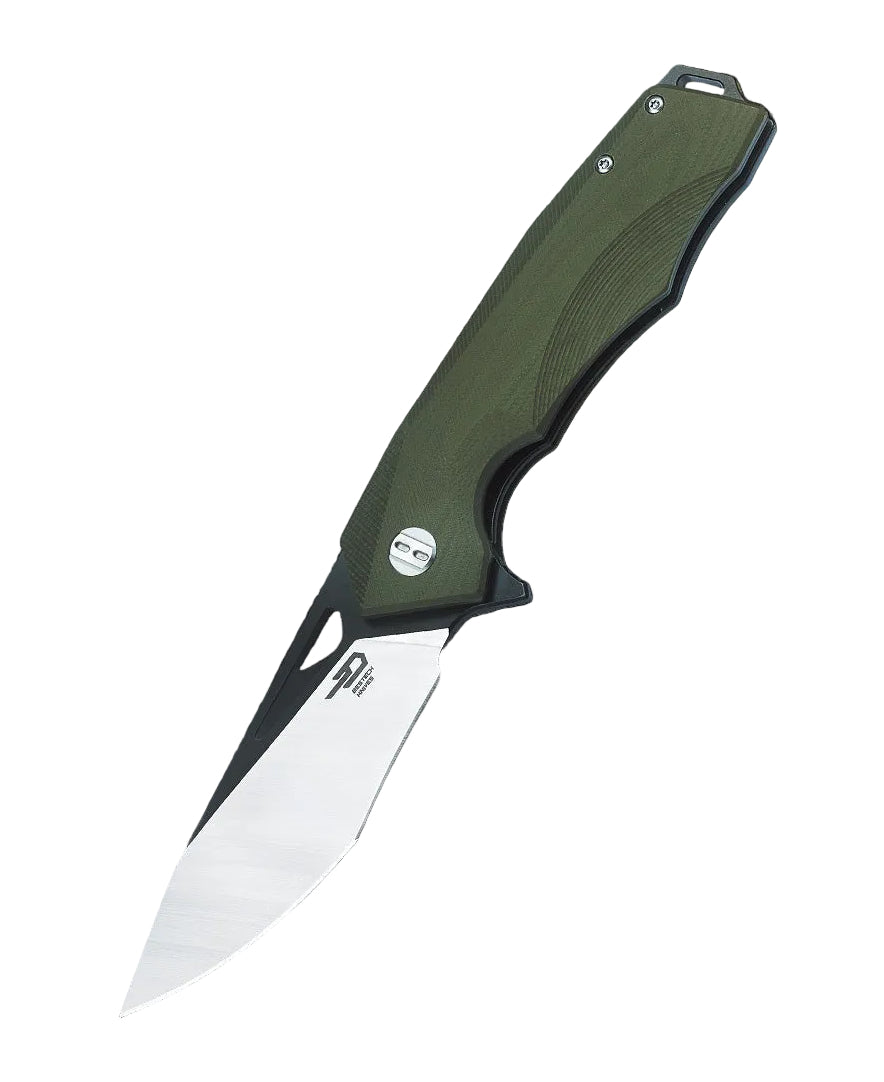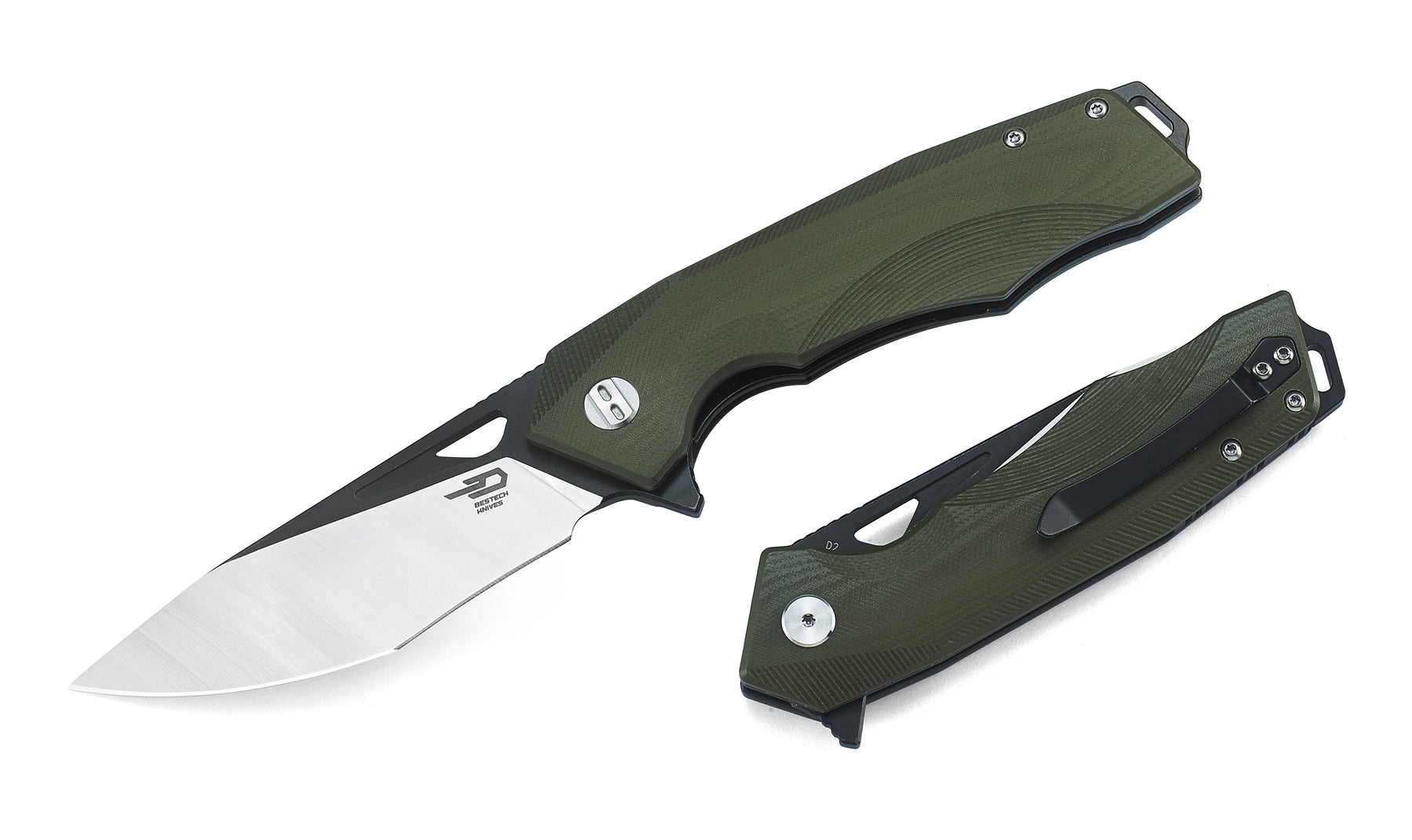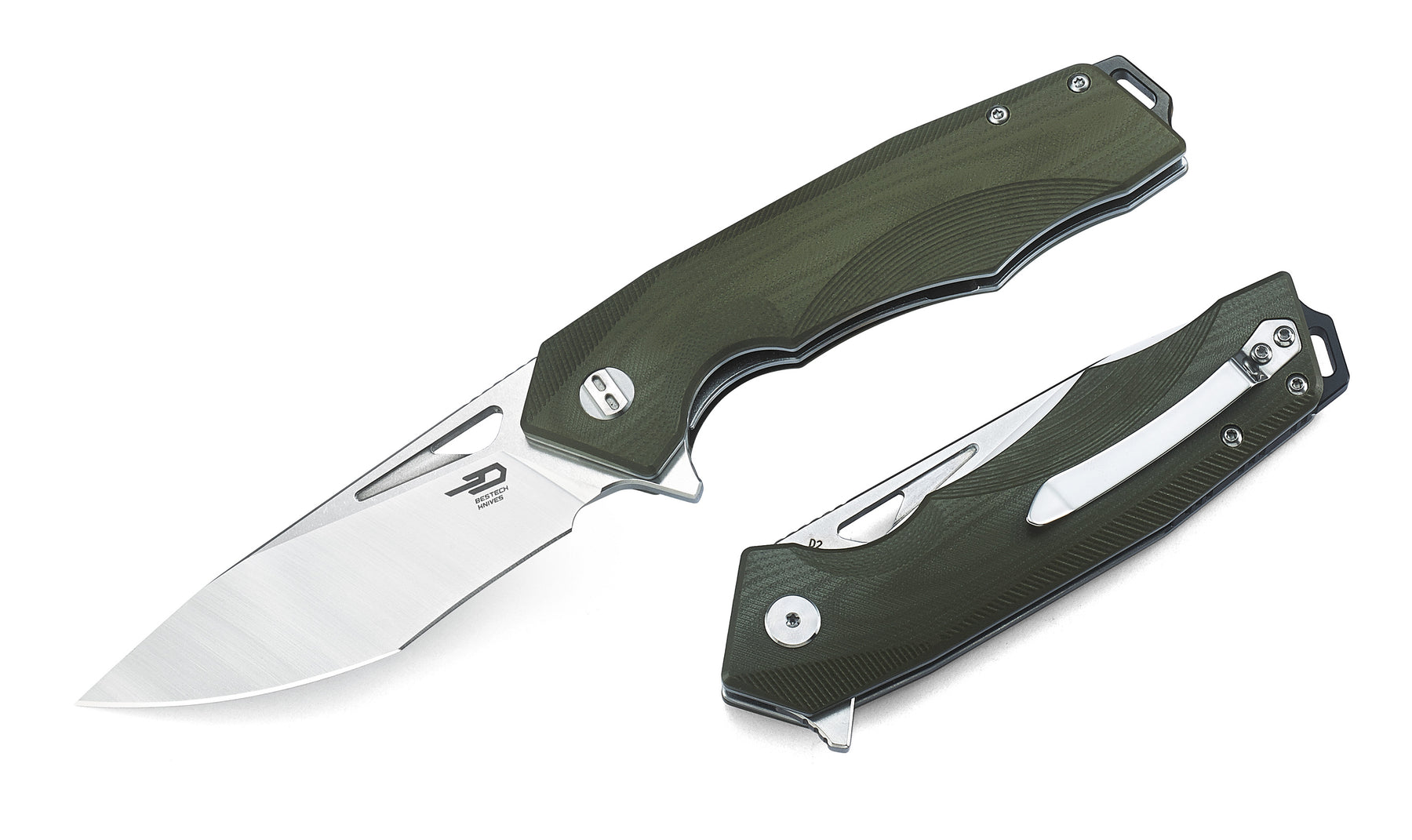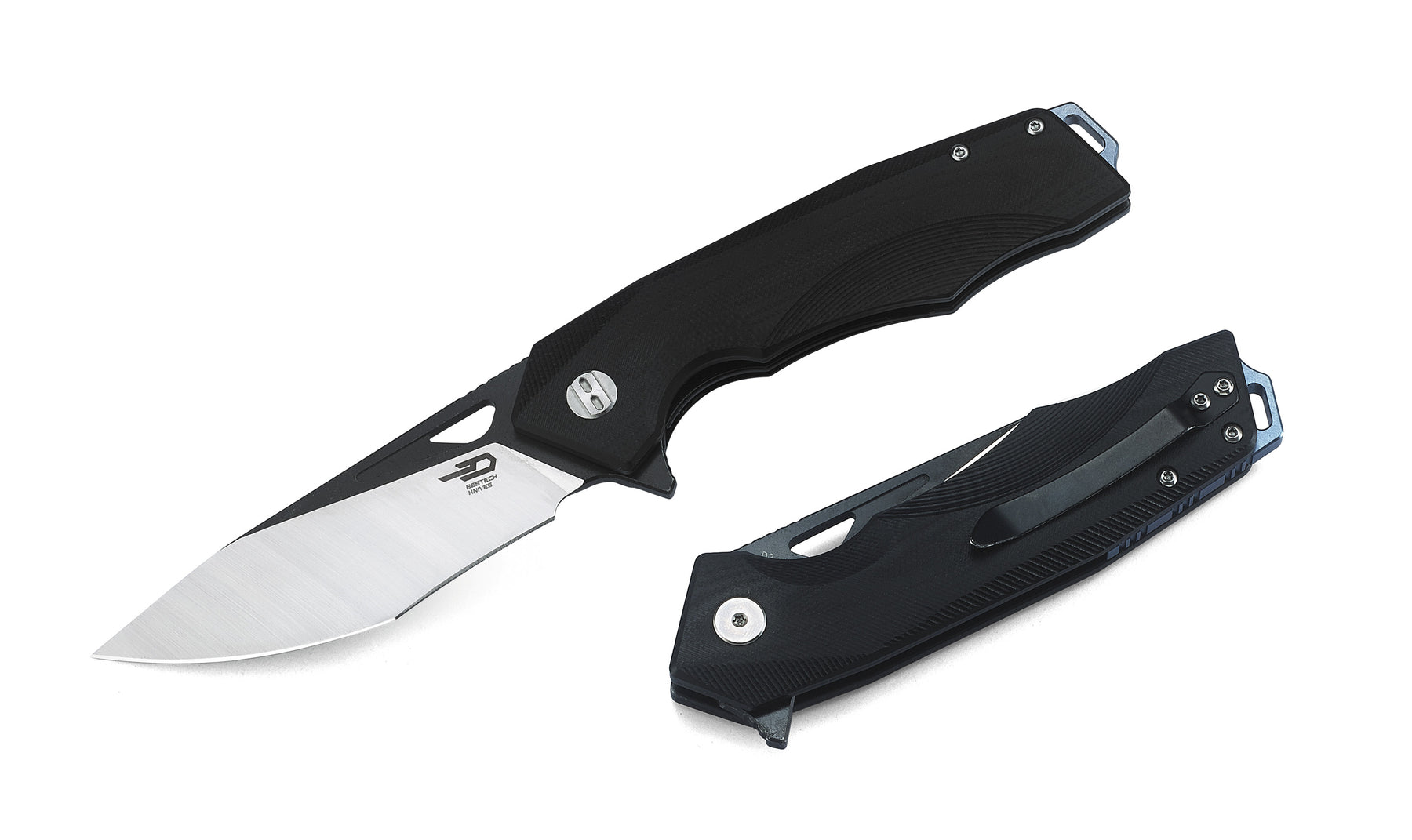When it comes to choosing the right steel for your knives, the decision can be overwhelming. Two popular options on the market are 52100 and CTS BD1N. But which one is better? Let's dive into the details to help you make an informed choice.
Composition and Properties
52100 steel is a high carbon, chromium alloy known for its excellent wear resistance and toughness. On the other hand, CTS BD1N is a nitrogen-enriched stainless steel that offers good corrosion resistance and edge retention. While 52100 is favored for its hardness and durability, CTS BD1N is valued for its stainless properties.
Edge Retention and Sharpness
When it comes to edge retention, CTS BD1N has the upper hand. It can hold a sharp edge for longer periods compared to 52100 steel. This makes CTS BD1N a great choice for those who prioritize sharpness in their knives.
Toughness and Durability
52100 steel is known for its exceptional toughness, making it a popular choice for hard-use knives. It can withstand heavy tasks without chipping or breaking. On the other hand, while CTS BD1N is not as tough as 52100, it offers a good balance of toughness and corrosion resistance.
Corrosion Resistance
When it comes to corrosion resistance, CTS BD1N outperforms 52100 steel. The nitrogen in CTS BD1N enhances its resistance to rust and corrosion, making it a great option for knives used in humid or wet environments.
Conclusion
In conclusion, the choice between 52100 and CTS BD1N ultimately depends on your priorities. If you value edge retention and corrosion resistance, CTS BD1N is the way to go. However, if toughness and durability are your main concerns, 52100 steel is the better option. Consider your specific needs and preferences to make the best decision for your knives.




